Keywords: Malcolm Turnbull
-
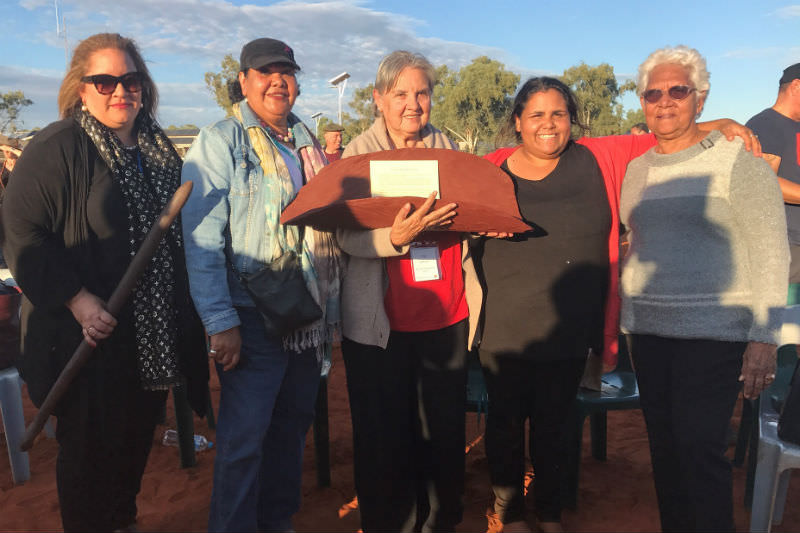
AUSTRALIA
- Anastasia Moore
- 02 November 2017
8 Comments
Why go to the trouble of gathering all the great minds to discuss the issue of recognition, giving hope to a great many people, only to determine the idea 'too ambitious'? What right does Turnbull have to predetermine what Australians will or won't accept? This question could be put to Australians in a referendum.
READ MORE 
-

AUSTRALIA
- Jeff Sparrow
- 30 October 2017
6 Comments
Turnbull's response to the eligibility crisis showcased the mixture of bluster and incompetence that's become characteristic of this government. Like Michaela Cash's attempts to link Shorten with union corruption, his declaration that the court would rule in favour of Joyce saw strategy and common sense give way to short term manoeuvring.
READ MORE 
-
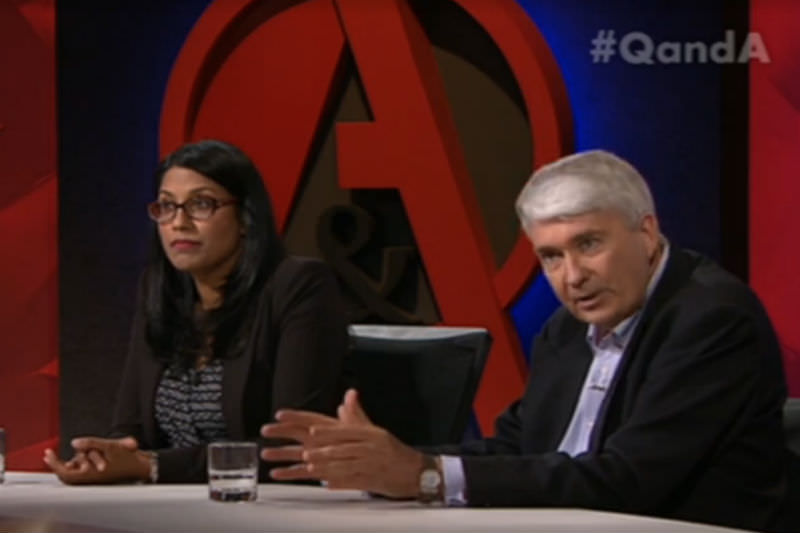
RELIGION
- Frank Brennan
- 25 October 2017
76 Comments
I said I would be very happy to play second fiddle. I wanted my presence to assist a respectful dialogue. I wanted to make it clear that a thinking and compassionate Catholic could have good reasons for voting yes. I wanted to insist that respect and endorsement of loving same sex relationships did not preclude consideration of issues such as freedom of religion.
READ MORE 
-
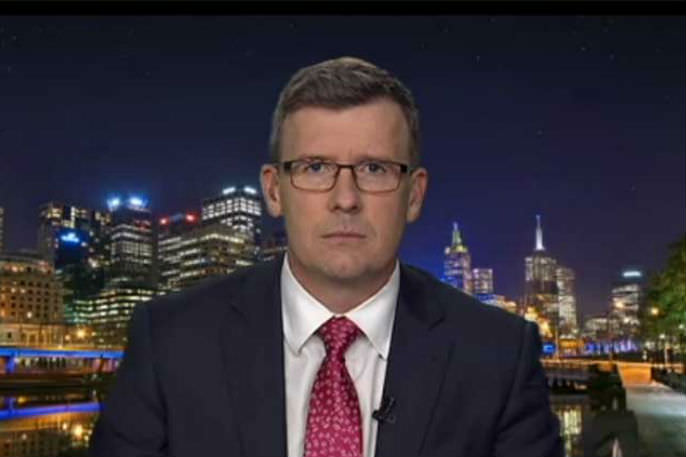
AUSTRALIA
- Amelia Paxman
- 23 October 2017
9 Comments
Increasing the feelings of shame of being unemployed and restricting freedoms doesn't create more jobs and only grinds down a vulnerable group who are subsisting on a meagre payment. But the government is yet to show any meaningful concern over the significant risks of these draconian welfare policies.
READ MORE 
-

AUSTRALIA
- Fatima Measham
- 06 October 2017
12 Comments
Prime Minister Malcolm Turnbull has pushed state premiers to hand over their drivers' licence database in order to enhance facial recognition systems, particularly at airports. COAG has agreed, with the ACT insisting that only perfect matches be used for non-counterterrorism purposes. It is hard to find this reassuring.
READ MORE 
-
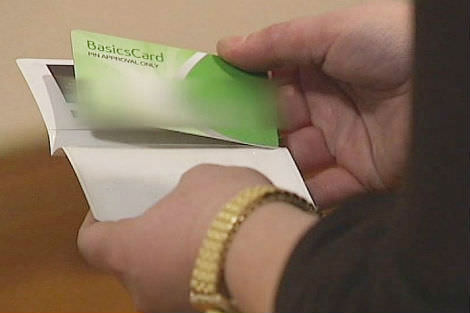
AUSTRALIA
- Kate Galloway
- 26 September 2017
9 Comments
The Senate is currently inquiring into the Cashless Debit Card Bill that will further expand the income management program. Welfare is a redistributive mechanism that supports the dignity and self-determination of the individual. In tying conditions to payments government is denying the self-determination of welfare recipients, counter to the very purpose of welfare.
READ MORE 
-

INTERNATIONAL
- Binoy Kampmark
- 04 September 2017
8 Comments
In Australia, the reactions have been far from mild. Malcolm Turnbull was less than reassuring, suggesting the un-testable notion that the Korean peninsula was closer to conflict than at any time since the Korean War. The converse, if counter-intuitive argument can be made: that the peninsula is being made safe from war through this aggressive pursuit of nuclear arms. This is not a view deemed acceptable to officials in Washington and Canberra but is entirely realistic given Pyongyang's aims.
READ MORE 
-
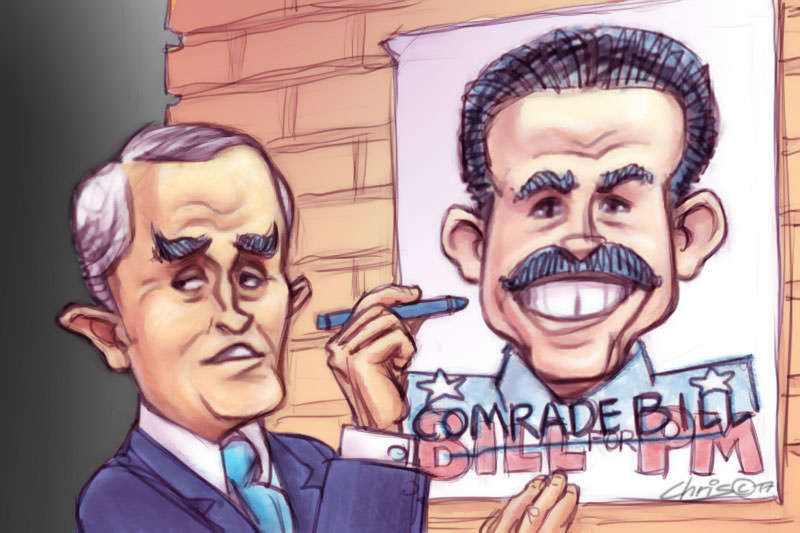
AUSTRALIA
- Evan Smith
- 01 September 2017
12 Comments
Earlier this year, Turnbull made a speech in London where he called for the Liberal Party to return to its ideological base as laid out by Sir Robert Menzies. Turnbull suggested that the Liberal Party under Menzies was the socially conservative party that many on the LNP's right wish it to be, but it seems that what the Liberals have taken from the Menzies era is a revival of anti-communist rhetoric.
READ MORE 
-

RELIGION
- Frank Brennan
- 30 August 2017
6 Comments
'There was one controversy in which Lionel Bowen was involved that does provide good lessons for the contemporary Catholic considering the desirable law or social policy on a contested issue - lessons for the citizen weighing what is for the common good. Back in 1979 there was debate in the Parliament on a motion which was framed to stop Medicare funding of abortions. Bowen, a strict Catholic, was strongly opposed to the motion. He did not think the motion was about abortion. He thought it was about money.' Frank Brennan's 2017 Lionel Bowen Lecture
READ MORE
-
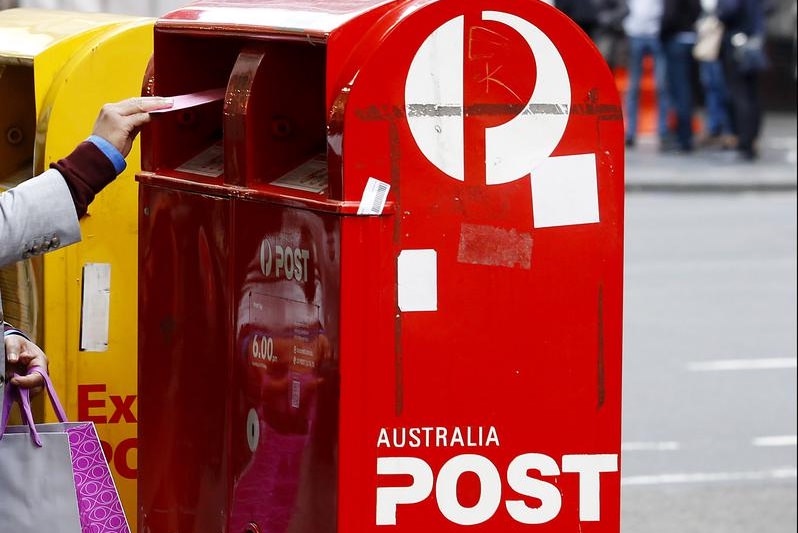
AUSTRALIA
- Rohan Salmond
- 21 August 2017
53 Comments
Same-sex marriage, the government tells us, is not a first-order issue. And yet it has grown to become a controversy so monumental it has overshadowed even the prospect of nuclear war with North Korea.
READ MORE 
-

AUSTRALIA
- John Warhurst
- 16 August 2017
40 Comments
The same sex marriage postal plebiscite will be as intense as most referendum and election campaigns. Indeed, the special characteristics of this subject, advanced by the government as the reason for going beyond parliamentary means to resolve the issue, mean that the campaign may be more intense than most referendums have been.
READ MORE 
-

AUSTRALIA
- Fatima Measham
- 04 August 2017
9 Comments
This week, the Australian Human Rights Commission released Change the Course. It is a landmark report into sexual assault and harassment at universities. The undertaking was propelled by survivors, student leaders and support organisations.
READ MORE 